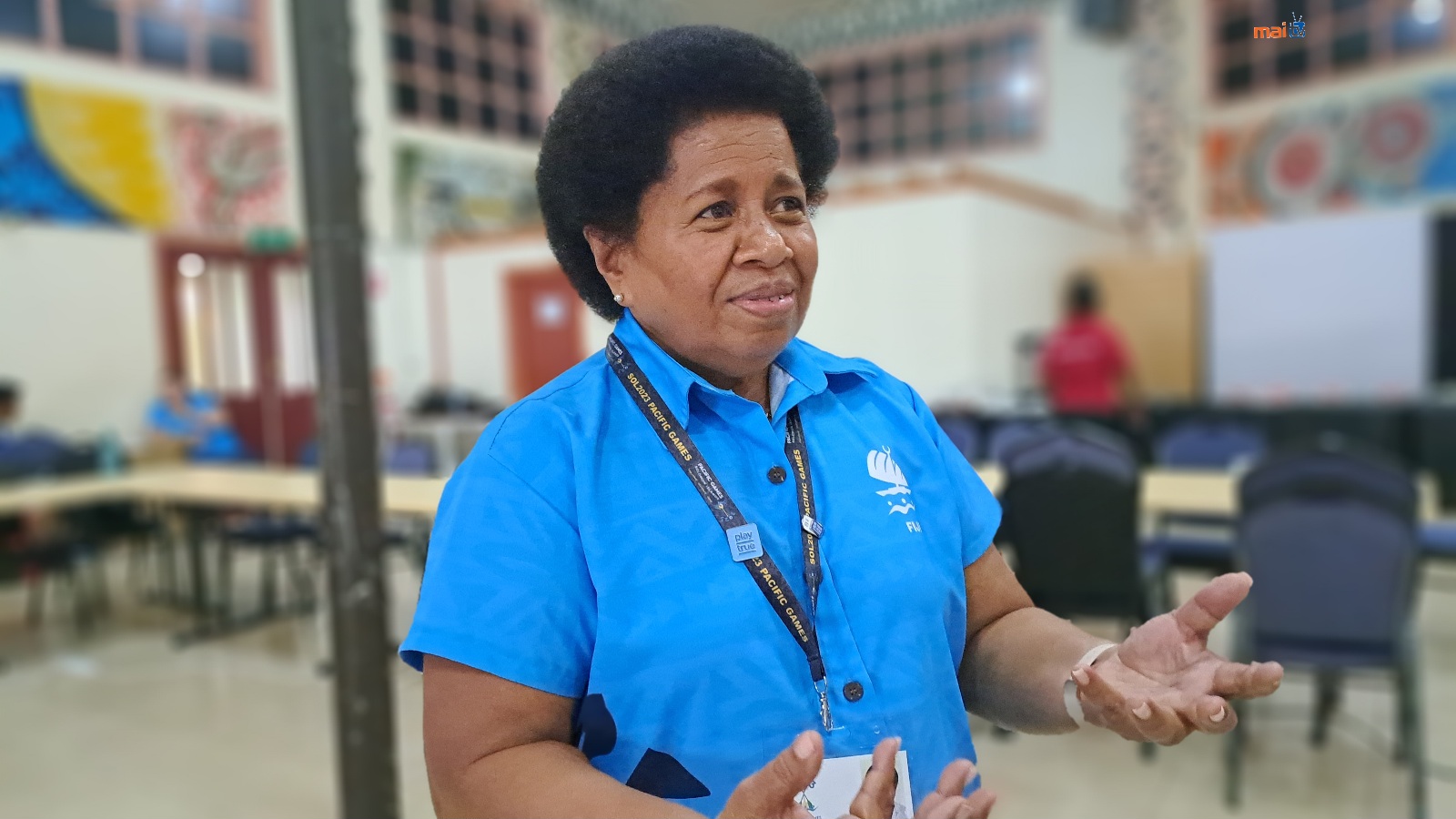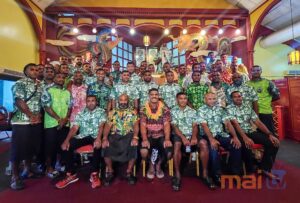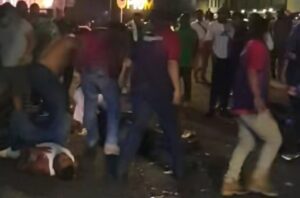As Fiji sets its sights on hosting the 2031 Pacific Games, FASANOC President Makarita Lenoa says its crucial to recognise the unsung heroes behind the nation’s sports development – the parents, guardians, and volunteers who sacrifice time, resources, and passion to nurture athletes from the grassroots level.
Lenoa acknowledged the often-overlooked efforts that precede an athlete’s recognition on the podium.
“We really have to see how we can help from community level and I think it is important for me at this point to acknowledge and parents and guardians because for most of our sports participants, they start off with the generosity of their parents and guardians, having to fund them, take them to training and so forth. Its very easy when they are recognised when they have won medal and you recognise them but to begin the hard yards at the bottom, it’s not always easy and only parents and guardians know how much they have to allocate from their own family and household resources to be able to support their athletes, their sons their daughters to go to training because its not a thing you can do within a year,” Lenoa said. “Its a whoe pathway, before an athlete can be recognised when he won bronze medal, silver or gold. It has taken years to develop those athlete and in Fiji most of the people who develop sports, the majority are volunteers, and most of them have fulltime jobs. And I thank them for their dedication, their passion because without that we won’t have Fiji being represented at this Pacific Games.”
Theres a lot of things that need to happen back home and one of these is how do we support the people who are actually developing sports because for most of them after they finish their work of putting bread and butter on the table, and their free time they give it to develop sports which they are not paid for. So to all volunteers in sports, I say thank you very very much, vinaka vakalevu because your hard work in developing athletes before they even come to this level of competition, there is a lot of development work that has to happen. And this goes unrecognised most of the time. And I do hope that when we do bis for 2031, there will be things put in place to ensure that the welfare of athletes and those who develop sports are considered too.”
Lenoa asserts that the bulk of the current funding, including government support, is expendable, mainly earmarked for expenses such as airfares and accommodation, rather than directed towards the development of sports for a more impactful investment.
She made these comments on the sidelines of the Pacific Games General Assembly, held in Honiara, during which Fiji expressed its intention to host PG2031, going up against Papua New Guinea, Guam, Vanuatu, American Samoa, and Tonga.
The submission of EOI at the Pacific Crown in Honiara Sunday marks the beginning of a seven-year bidding process, which starts proper in 2024.
The Pacific Games council is expected to guide the nations through the process, determining who will have the honor of hosting the prestigious event.
“There will be a process. We will await a communication from the Pacific Games council, and they will advise on when we will actually submit which is not very long from now. So it will be for us to go back now and work with the government of Fiji and also the opposition. So it is important that we have this support from government as well,” Lenoa said.
“Fiji’s bid she says involves assessing the nation’s sports infrastructure and the collaboration between the government, opposition, and sports officials.
“The sporting landscape has changed alot – the requirements that are required of facilities and so forth. We need to work in partnership to determine what we currently have, and what we need to put in place to be able to present a bid that will be honest and also something that Fiji can afford.”
Of the six countries Fiji and Papua New Guinea have hosted the Pacific Games three times already. Fiji hosted the inaugural event in 1963, then in 1979 and 2003.









